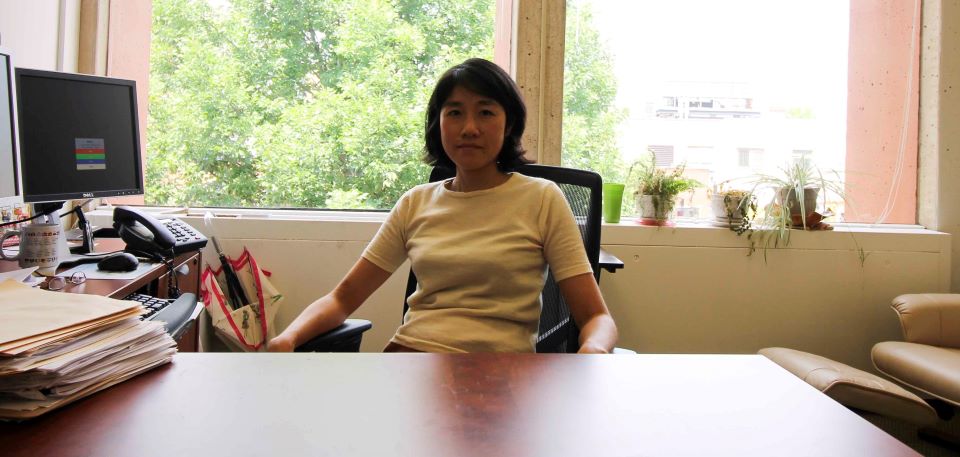SLU Research: For Many Students, Double-dose Algebra Leads to College Attainment
Bridjes O'Neil
Communications Specialist
bridjes.oneil@slu.edu
314-282-5007
Reserved for members of the media.
ST. LOUIS — In the United States, low-income and minority students are completing college at low rates compared to higher-income and majority peers — a detriment to reducing economic inequality. Double-dose algebra could be a solution, according to a new study published in Proceedings of the National Academy of Sciences of the United States of America (PNAS).
The paper, “Effects of Double-Dose Algebra on College Persistence and Degree Attainment,” is the culmination of a series of studies that followed two cohorts of ninth-grade students over a period of 12 years in the Chicago Public Schools (CPS) where double-dose algebra was introduced in 2003.
The new policy required incoming ninth graders with eighth-grade math scores below the national median to complete two periods of math — one period of algebra, plus an additional period of instruction designed to build foundational pre-algebra skills. Research findings showed that, for median-skill students scoring at or above the 50th percentile in the 2003 cohort, double-dose algebra significantly increased semesters of college attended and college degree attainment.
“This provides unique insight for districts that provide extra instruction but are unable to rigorously study the impact of those programs,” said Takako Nomi, Ph.D., associate professor of educational studies at Saint Louis University. Her work focuses on educational policy and equity.
Nomi, who also serves as research affiliate at the University of Chicago’s Consortium on Chicago School Research, led the study. Other authors include Stephen W. Raudenbush, Ed.D., of the department of sociology at the University of Chicago; and Jake J. Smith, of Harris School of Public Policy at the University of Chicago.
A key takeaway from the study is how schools chose to implement the policy matters, Nomi said. Fewer schools adopted the cut-score-based double-dose algebra program in 2004 than in 2003. Most schools that did strongly comply in 2004, did so by placing their median-skill double-dose students in low-skill algebra classrooms, according to the study.
In terms of classroom peer composition, “the impact was largest when schools didn’t group double-dose students with low-skilled students,” Nomi said. Research findings demonstrate that when students were placed in double-dose classes with much lower-skilled peers, the program had no effect. Subsequent research should address the design of optimal policies for lower-skill students, Nomi said. A math intervention far more intensive than double-dose algebra is essential to improve their high school and postsecondary outcomes. The study also notes that ninth-grade students who fail math also tend to fail other core classes.
“It’s not just a math issue,” Nomi said. “The policy of giving extra math is not enough to change the trajectory for the students who struggle the most. It’s important to support struggling students in general.”
This study was supported by grant R305A170602 from the Institute of Education Sciences entitled, “Doubling Up? Understanding the Long-Term Effects of Ninth-Grade Algebra Reform on College Persistence and Graduation.”
Nomi’s research interests include urban education, education policy, inequality in education, school reforms, and college readiness. Nomi is associate director of the Sinquefield Center for Applied Economic Research where she collaborates with top SLU researchers. In a separate study, she’s exploring why low-income and minority students — particularly Black males — are less likely to complete college. She is also a part of a faculty advisory board at SLU's Geospatial Institute.
About Saint Louis University
Founded in 1818, Saint Louis University is one of the nation’s oldest and most prestigious Catholic institutions. Rooted in Jesuit values and its pioneering history as the first university west of the Mississippi River, SLU offers more than 12,000 students a rigorous, transformative education of the whole person. At the core of the University’s diverse community of scholars is SLU’s service-focused mission, which challenges and prepares students to make the world a better, more just place.


















